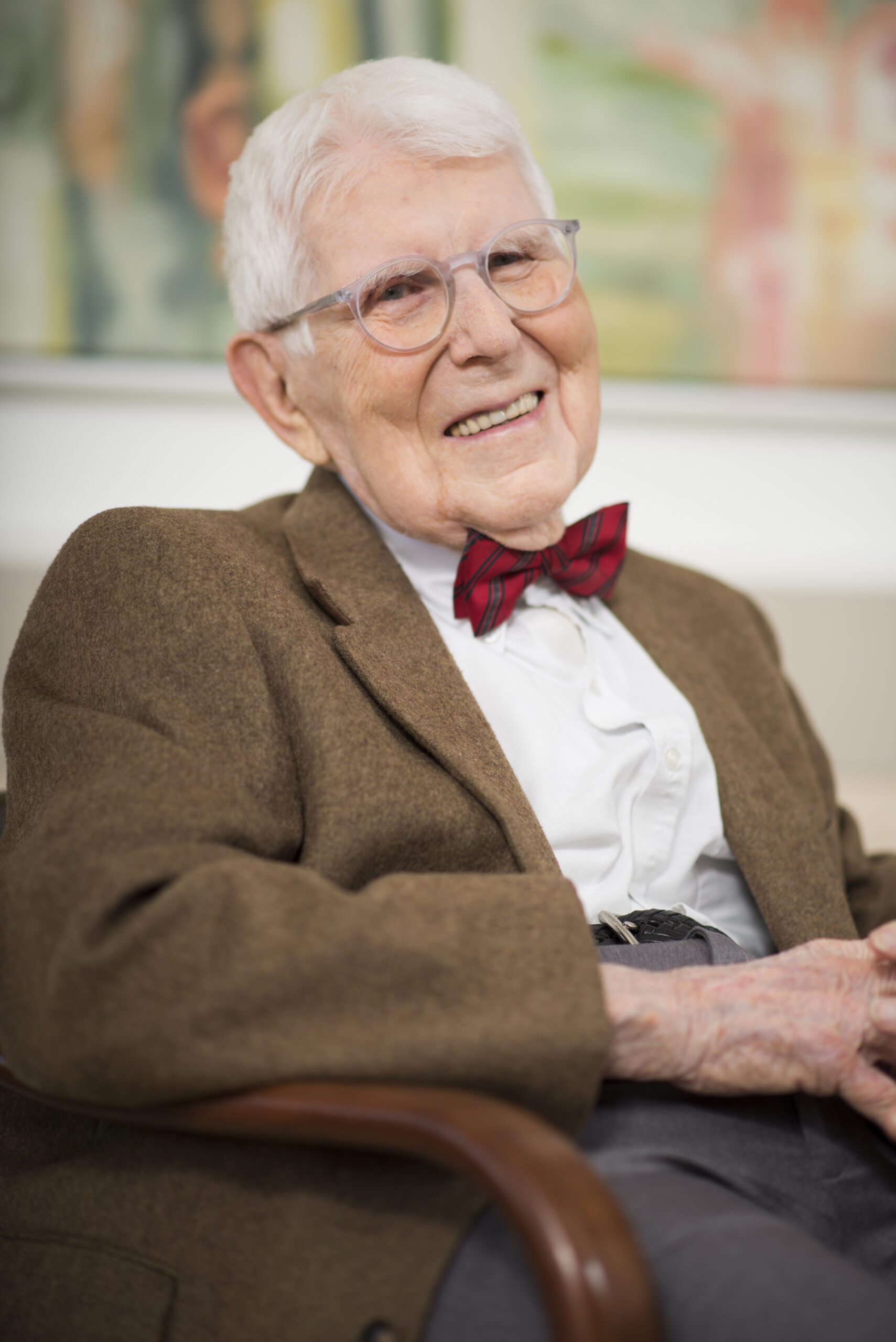Cognitive Therapy: A New Focus
How does cognitive theory integrate more recent clinical and experimental findings?
We define Cognitive Therapy in terms of the application of the Cognitive Model, rather than in terms of the specific techniques. Although the original version of the therapy emphasized techniques such as cognitive restructuring, it later emphasized behavioral methods that were shown to produce adaptive changes in information processing (for example, activity scheduling, role playing, and behavioral experiments).

The basic cognitive model assigns a major role to cognitive schemas in information processing. The content of the schema (beliefs, expectancies, images) shapes the content of the information processing. There is a continuum from adaptive to dysfunctional beliefs. When the beliefs are exaggerated or biased, they lead to inappropriate or exaggerated affect and behavior.
While the basic cognitive model emphasizes the importance of cognitive bias in creating psychological problems, a body of clinical observations and basic research findings has pointed to the role of deployment of attentional resources in adaptive and maladaptive behavior (Beck & Haigh, 2014). Thus, the combination of attentional focus and cognitive bias plays a major role in psychopathology.
Attentional fixation, an extreme form of attentional focus, is instrumental in the development of conditions as diverse as panic disorder, suicidal impulses, and the craving behaviors in addictions. When attention is fixated on a particular sensation and belief as in panic disorder, the individual is incapable of reasoning or accessing contradictory information regarding the benign nature of the symptoms.
When attentional focus is enhanced as in psychopathology or in intense states of arousal such as anger it is deployed on each component of the information processing sequence:

The combination of attentional hyper focus and bias is particularly evident in the development of the somatic conditions such as chronic fatigue syndrome, chronic pain, and hypochondrias.
The expanded cognitive model can be utilized to understand each of the psychological disorders with their unique cognitive formulation (Beck & Haigh, 2014). The formulation may be drawn on to conceptualize a specific case.
As indicated, the expanded model is comprehensive enough to provide a blueprint for the treatment. The treatment is geared to the characteristics of the disorder. The emphasis on discrete refocusing techniques such as mindfulness constitutes a central part of mindfulness based cognitive therapy and other mindfulness strategies. Refocusing approaches were initially used in cognitive therapy of panic disorders but are subsequently used in a variety of psychological problems such as chronic pain, hypochondriasis, hallucinations, and anxiety.
Learn to use the cognitive model in our CBT for Depression – Core 1 Workshop
Reference
Beck, A.T., & Haigh, E.A.P. (2014) Advances in Cognitive Theory and Therapy: The Generic Cognitive Model. Annual Review of Clinical Psychology, 10, 1, 1-24.